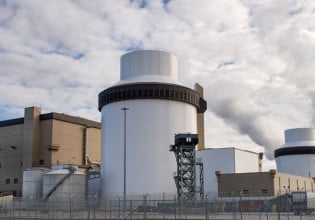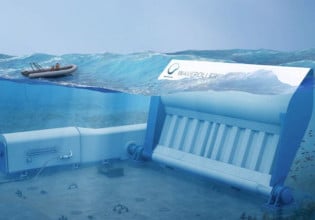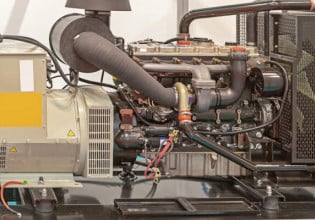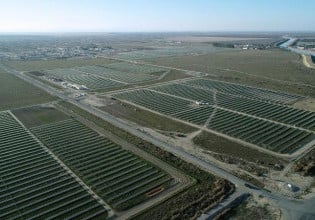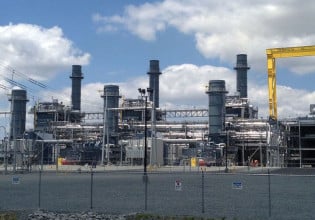Protonex Awarded $3.65 Million Program To Continue Development Of Pulse M250 Military Power System
Protonex Technology Corp. announced that it has received a $3.65 million contract with the U.S. Army Research Office (ARO) to develop the next generation of its Pulse M250 military power system. Protonex will continue its partnership with Raytheon for testing and optimization of this product, focused on the military’s standards for performance and safety.
This new program, funded jointly by the OSD, ARO and the Army’s Communications-Electronics Research, Development, and Engineering Center (CERDEC), follows successful completion of a previously awarded $3.5 million contract for initial development of the Pulse M250 system. Consistent with the terms of the initial program, announced in February 2007, Protonex recently delivered ten units to the Army and other military end users for testing. Raytheon’s work on this first program included evaluation of the system’s performance under shock, vibration and impact environments. Raytheon will continue to add significant value to advanced development, optimization and testing of the system under this next program.
"Our product development work for Pulse M250, now supported by a total of $7.15 million from the U.S. Army, has been highly successful to date," said Scott Pearson, Protonex CEO. "We were selected by the U.S. military for this product due to our proven ability to deliver leading-edge, highly durable, affordable power systems that are engineered to meet stringent military standards. This new program will accelerate our efforts to reach field-readiness and evolve Pulse M250 into its final form."
Pulse M250 is a 250W power system that is designed for a diverse set of portable military applications, including field battery charging, auxiliary power units and portable power generation. The company states that the system operates on liquid methanol fuel and provides the US military with a power source that is significantly smaller, lighter, quieter and more cost effective than alternative battery or generator systems.


